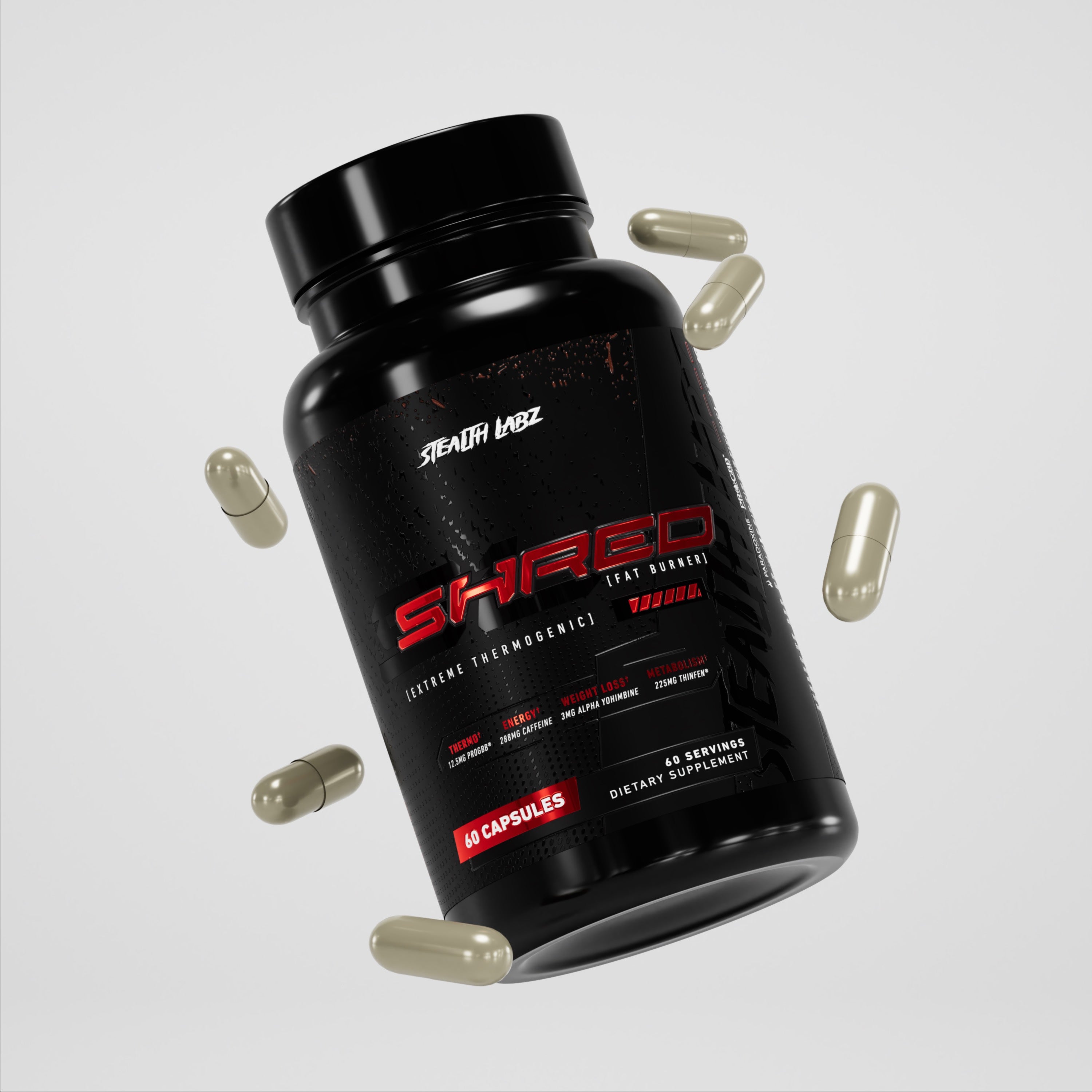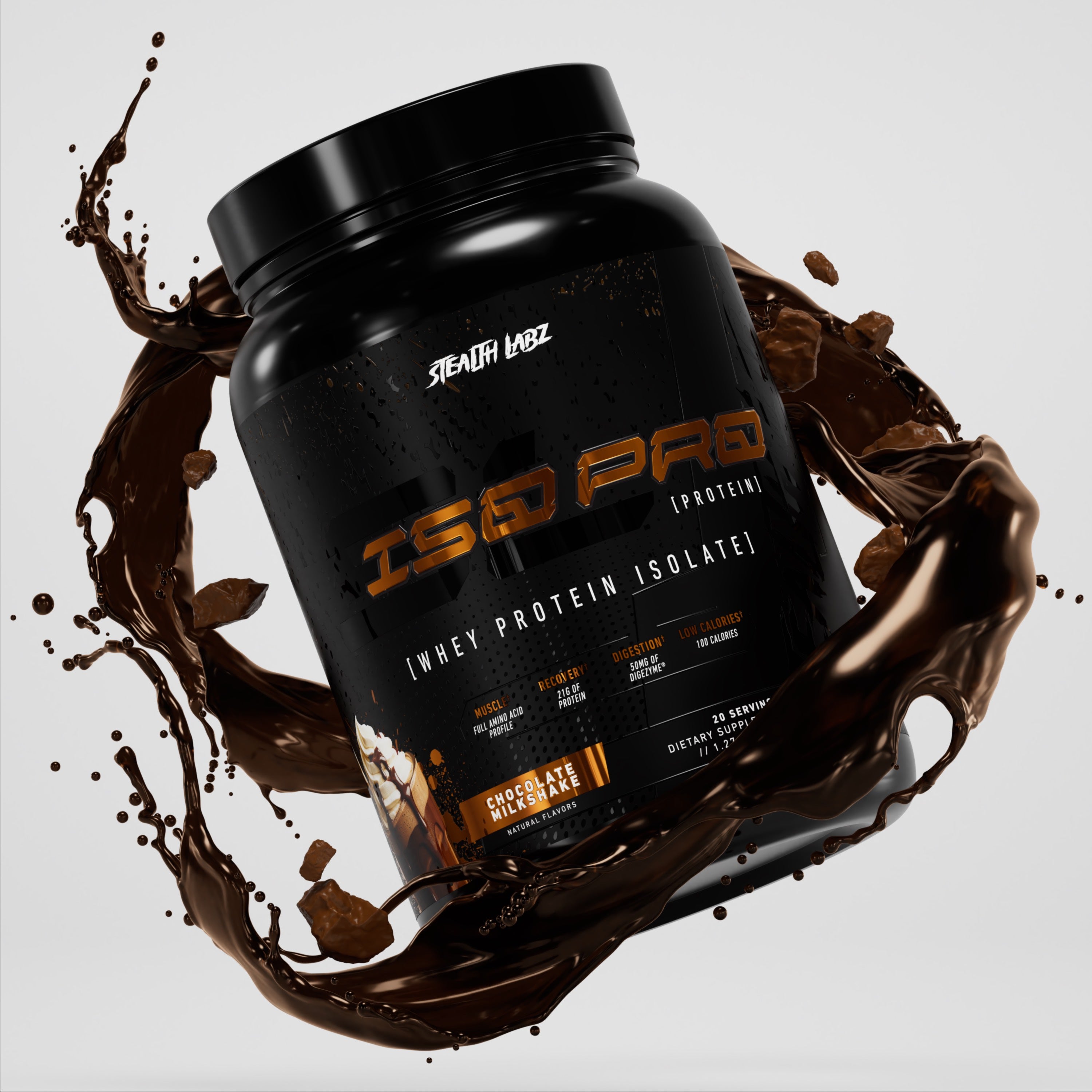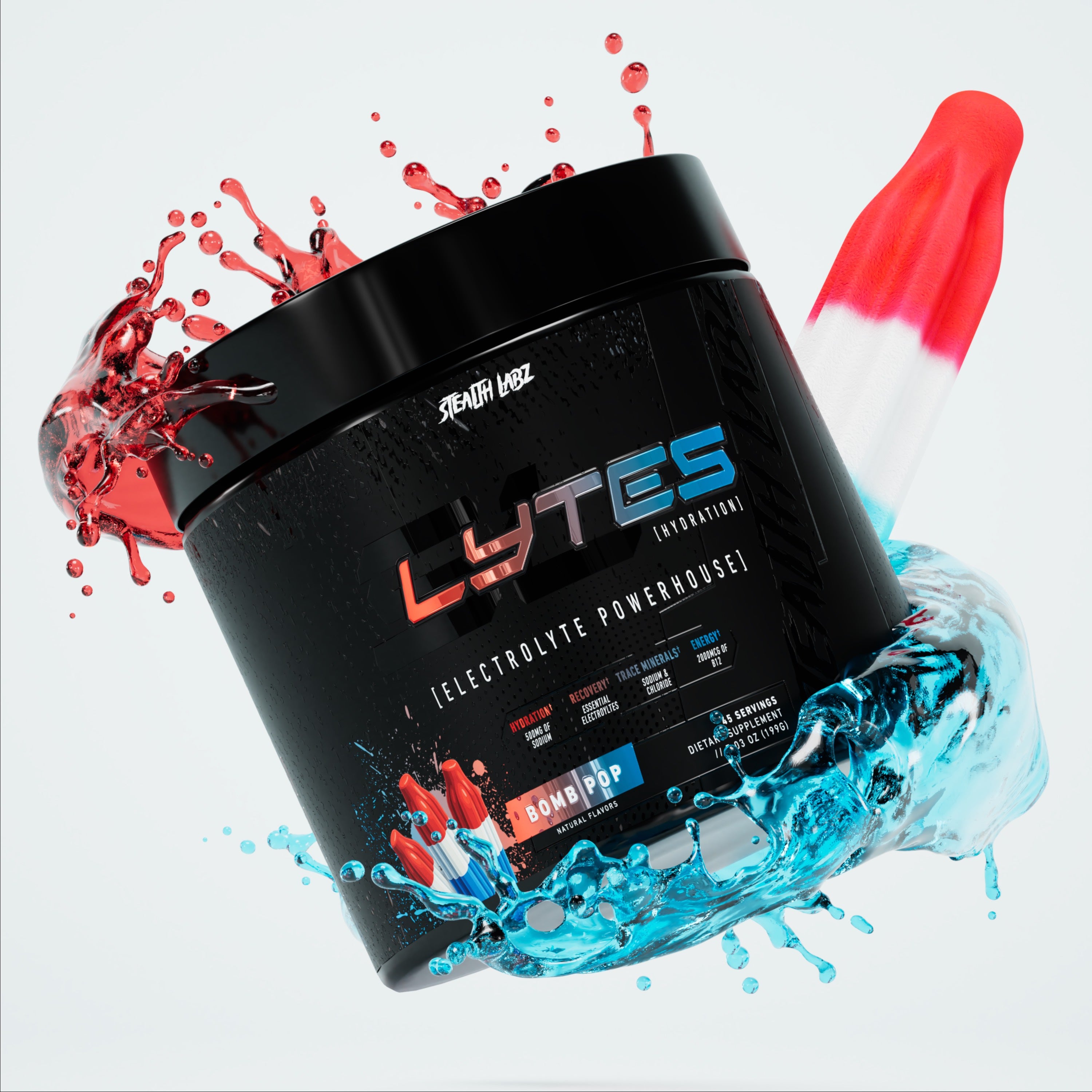
How Much Protein for Muscle Growth: Optimal Intake Guide
Protein is the cornerstone of muscle growth, fueling repair and development for athletes and fitness enthusiasts. Whether you're hitting the gym to bulk up or improve performance, getting the right protein intake is key. Factors like age, activity level, and fitness goals all play a role in determining your protein needs. Supplements like Iso Pro Whey Protein Isolate can help meet those needs, supporting muscle recovery and growth. This guide breaks down how much protein you need for effective muscle gain, optimized for American athletes chasing their fitness goals.
Introduction to Protein and Muscle Growth
Protein is critical for building and maintaining muscle mass. It repairs muscle fibers damaged during workouts, helping them grow stronger and bigger. For American athletes, balancing diet with high-quality protein sources, like Iso Pro Whey Protein Isolate, ensures optimal muscle development. Whether you're a beginner or a pro, understanding protein’s role is essential for crushing your fitness goals.
Why Protein Is Essential for Muscle Development
During intense workouts, muscle fibers break down. Protein steps in to rebuild them, promoting muscle growth and strength. Consuming enough protein, often paired with supplements like Elevate BCAA/EAAs, enhances this repair process, making it a must for athletes aiming to maximize gains.
- Repairs torn muscle fibers
- Boosts muscle strength and size
- Supports recovery with amino acids
Why Optimal Protein Intake Matters
Getting the right amount of protein fuels muscle recovery, enhances athletic performance, and prevents muscle loss. For American athletes, supplements like Surge Pre-Workout and Lytes can complement protein intake, boosting endurance and hydration for better workouts.
| Benefit | Description |
|---|---|
| Muscle Growth | Protein repairs and builds muscle fibers |
| Athletic Performance | Improves endurance and workout efficiency |
| Muscle Recovery | Speeds up post-workout recovery |
Determining Your Protein Needs for Muscle Gain
Finding the right protein intake for muscle growth depends on individual factors. Tailoring your protein consumption to your lifestyle and goals ensures maximum results. Supplements like Iso Pro Whey Protein Isolate make it easier to hit your daily protein targets.
Factors Influencing Protein Requirements
- Age: Younger athletes may need more protein for growth.
- Gender: Men typically require more due to higher muscle mass.
- Activity Level: Intense training demands higher protein intake.
- Body Composition: Leaner bodies need more protein for maintenance.
- Fitness Goals: Bulking up requires more protein than maintenance.

Credit: www.onepeloton.com
How to Calculate Daily Protein Intake
To determine your protein needs for muscle gain, follow these steps:
- Weigh yourself in kilograms (divide pounds by 2.2).
- Multiply your weight by 1.6–2.2 grams of protein per kilogram.
- Aim for the resulting range daily.
For example, a 70 kg (154 lb) athlete needs 112–154 grams of protein daily. Use supplements like Elevate BCAA/EAAs to fill gaps in your diet.
| Body Weight (kg) | Protein Intake (g/day) |
|---|---|
| 50 | 80–110 |
| 60 | 96–132 |
| 70 | 112–154 |
| 80 | 128–176 |
| 90 | 144–198 |
Best Sources of Protein for Muscle Growth
Choosing high-quality protein sources is critical for muscle-building success. Both animal and plant-based options offer unique benefits, and supplements like Iso Pro Whey Protein Isolate can boost your intake.
Animal-Based Protein Options
- Chicken Breast: Lean, high-protein, low-fat option.
- Eggs: Rich in protein and healthy fats.
- Fish: Packed with protein and omega-3s.
- Beef: High in protein and iron.
Plant-Based Protein Alternatives
- Quinoa: Complete protein, gluten-free.
- Lentils: High in protein and fiber.
- Chickpeas: Versatile and nutrient-dense.
- Tofu: Soy-based, adaptable protein source.
Pros and Cons of Different Protein Sources
Each protein source has its strengths and weaknesses. Understanding these helps you make informed choices for your muscle-building diet.
Benefits of Whey and Casein Proteins
Whey protein isolate is fast-digesting, ideal for post-workout recovery. Casein, on the other hand, digests slowly, perfect for overnight muscle repair.
| Protein Type | Digestion Speed | Best Use |
|---|---|---|
| Whey | Fast | Post-workout recovery |
| Casein | Slow | Overnight recovery |
Advantages and Limitations of Plant Proteins
Plant proteins like peas and soy are fiber-rich and eco-friendly but may lack some essential amino acids. Combining sources ensures a complete profile.
- High in fiber, low in fat
- Environmentally sustainable
- May require blending for complete amino acids
Recommendations for Optimal Protein Consumption
Timing and distribution of protein intake are critical for muscle growth. Supplements like Shred can support fat loss while preserving muscle mass.
Best Practices for Timing and Distribution
- Eat protein within 30 minutes post-workout for optimal recovery.
- Spread protein evenly across meals for steady muscle repair.
- Use Iso Pro Whey Protein Isolate for quick, high-quality protein.
Tailoring Protein Intake to Your Goals
| Goal | Protein Intake (g/kg body weight) |
|---|---|
| Muscle Growth | 1.2–2.0 |
| Fat Loss | 1.5–2.0 |
Busy athletes can rely on Elevate BCAA/EAAs for convenient nutrition on the go.
Frequently Asked Questions
How much protein do you really need to build muscle?
For muscle growth, aim for 1.6–2.2 grams of protein per kilogram of body weight daily, supported by supplements like Iso Pro Whey Protein Isolate.
Is 200g of protein too much for muscle gain?
200g may be excessive unless you weigh over 90 kg and train intensely. Stick to 1.6–2.2 g/kg for optimal results.
Is 100g of protein a day good to build muscle?
100g is sufficient for lighter individuals (around 50–60 kg) but may be low for heavier athletes aiming for significant gains.
How do I calculate how much protein I need for muscle?
Multiply your body weight in kilograms by 1.6–2.2 grams. Use Elevate BCAA/EAAs to meet your needs.
How much protein do I need daily for muscle growth?
1.6–2.2 g/kg of body weight, adjusted for activity level and goals, with support from Iso Pro Whey Protein Isolate.
Is high protein intake necessary for muscle gain?
Yes, high protein intake supports muscle repair and growth, especially when paired with supplements like Surge Pre-Workout.
Can I build muscle without protein supplements?
Yes, with a balanced diet rich in whole foods, but supplements like Iso Pro make it easier to hit protein targets.
How does age affect protein needs for muscle growth?
Younger athletes may need more protein for growth, while older adults require higher intake to maintain muscle mass.
Conclusion
Protein is the foundation of muscle growth for American athletes. Combine consistent training with the right protein intake, and consider supplements like Iso Pro Whey Protein Isolate, Elevate BCAA/EAAs, and Surge Pre-Workout for optimal results. These products support muscle repair, recovery, and performance. Tailor your protein intake to your unique goals and stay committed to your fitness journey. Explore the full range of supplements at Stealth Labz to power up your workouts.






Leave a comment
This site is protected by hCaptcha and the hCaptcha Privacy Policy and Terms of Service apply.